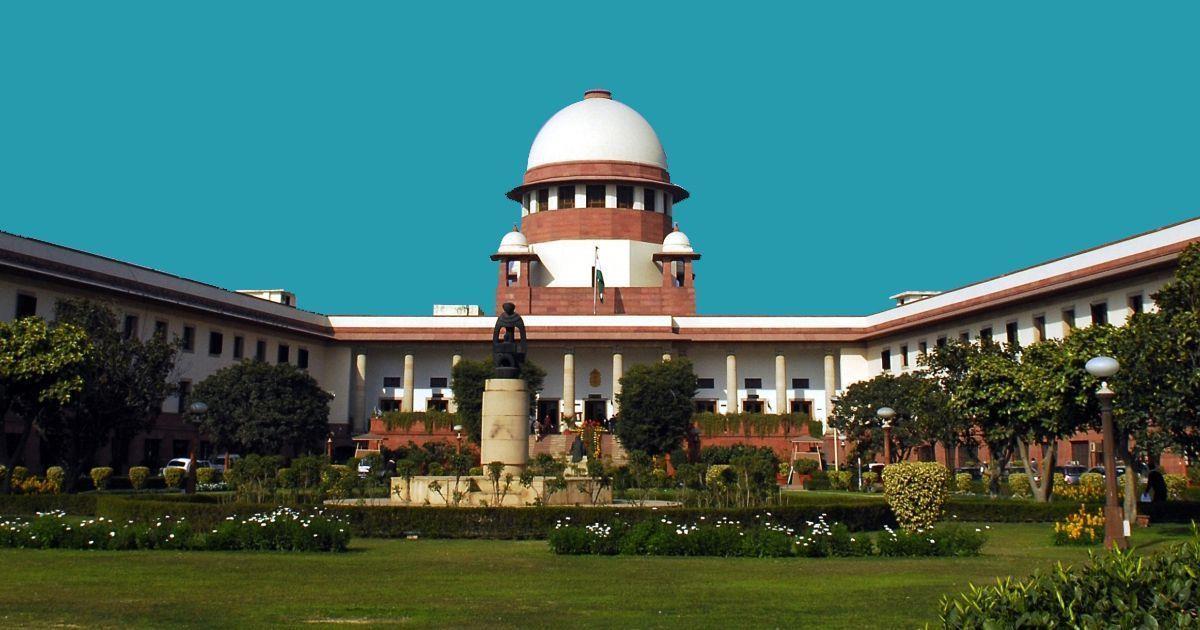News
31
Oct
2018
SC asks govt to impound 15-year-old petrol, 10-year-old diesel vehicles in NCR
NEW DELHI: With air quality already hitting ‘very poor’ level in Delhi and ‘severe’ in Gurugram and Ghaziabad with the onset of winter days before Diwali, the Supreme Court on Monday directed the transport departments of Delhi and surrounding states to act tough against polluting vehicles and prohibit plying of more than 15-year-old petrol and 10-year-old diesel vehicles.
A bench of justice Madan B Lokur, justict S Abdul Nazeer and justice Deepak Gupta also asked the Central Pollution Control Board (CPCB) to crate accounts on social media platforms where people can file complaint on pollution crisis to make the authorities accountable. The court passed the order after advocate Aparajita Singh, who is assisting the bench as amicus curiae, contended that old vehicles continue to ply on the roads despite being banned and the transport department should impound such polluting vehicles which are aggravating the toxic level in NCR air.
Singh contended vehicular pollution has increased by 40% in the NCR and it’s contribution in polluting is pegged at 41% and immediate measures needed to be taken by the authorities to curb it. “Due to non-implementation of the order, it has not been possible to weed out 10 years old diesel vehicles and 15 year old vehicles from the road. The court should direct the transport departments of NCR to immediately announce that such vehicles would be impounded,” she said. The bench also accepted her plea that list of such polluting vehicles be published on CPCB website and in newspaper as notice to vehicle owners. “The transport departments of NCR will immediately announce that all the diesel vehicles more than 10 years’ old and petrol vehicles more than 15 years’ old shall not ply in NCR in terms of the order of the National Green Tribunal dated April 7, 2015. Vehicles violating the order will be impounded. The list of such vehicles should be published on the websites of the CPCB and the transport departments of NCR.
Similarly, a meaningful advertisement should be published in a local newspaper for the convenience of the owners of the vehicles,” the court said. The Environment Pollution (prevention and Control) Authority also informed the court that industrial pollution has increased by whopping 48% in the last eight years but the government authorities have failed to take action against local sources of pollution in Delhi and NCR as per the graded response action plan which was accepted by the apex court.
Bhure Lal, chairman of the authority, in his note, said that he had visited various ‘hot spots’ of pollution like Anand Vihar, Dwarka, Faridabad, Narela, Bawana in NCR and the private companies continued to violate law with impunity adding toxicity in the air.
Bhure Lal, chairman of the authority, in his note, said that he had visited various ‘hot spots’ of pollution like Anand Vihar, Dwarka, Faridabad, Narela, Bawana in NCR and the private companies continued to violate law with impunity adding toxicity in the air.
He said that there had been massive dumping of plastic and rubber waste on the agricultural land and subsequently they were burnt in open area. He also said that construction companies were not undertaking sprinkling of water on dusty roads and recommended imposing fine on them for not following dust suppression system.
“It is observed that waste management is the biggest challenge in Bawana and Narela. Almost all vacant plots are full of industrial waste. Commonly found blackened areas and spots are evidence of repeated burning of waste.
It was observed that the waste is simply dumped all along the roads and thereafter subsequently burnt. Given the complete disregard of waste disposal by two private concessionaires, it was decided that Delhi Pollution Control Committee would penalise them to the tune of Rs 10 lakh each. Delhi State Industrial and Infrastructure Development Corporation was fined Rs 5 lakh for its lack of accountability. Fines were also levied also on 44 industries (Rs 50,000 each) and two DDA construction sites (Rs 5 Lakh each),” the note said. Taking into account the grim situation, the bench asked the governments to think about the plight of the poor in the city who are forced to work in polluted environment and putting their life in danger. The court said that at a time when people are advised not to go for morning and evening walk, the poor are slogging on the roads in the same conditions and asked them not to care of people of Lutyen zones only.
It was observed that the waste is simply dumped all along the roads and thereafter subsequently burnt. Given the complete disregard of waste disposal by two private concessionaires, it was decided that Delhi Pollution Control Committee would penalise them to the tune of Rs 10 lakh each. Delhi State Industrial and Infrastructure Development Corporation was fined Rs 5 lakh for its lack of accountability. Fines were also levied also on 44 industries (Rs 50,000 each) and two DDA construction sites (Rs 5 Lakh each),” the note said. Taking into account the grim situation, the bench asked the governments to think about the plight of the poor in the city who are forced to work in polluted environment and putting their life in danger. The court said that at a time when people are advised not to go for morning and evening walk, the poor are slogging on the roads in the same conditions and asked them not to care of people of Lutyen zones only.
